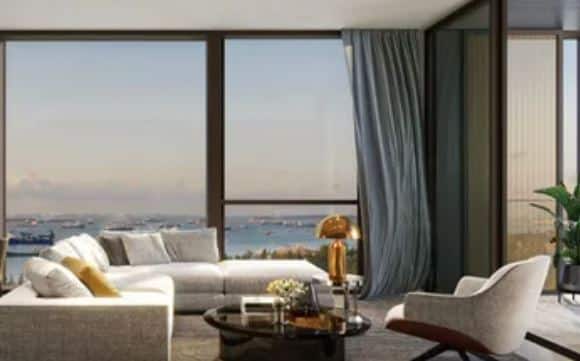Type of Tenure (freehold)

Why Is Freehold Land So Valuable in Singapore?
The word tenure refers to the many ways in which a property can own. Freehold, leasehold, or leasehold with a part of the freehold are the most common options. This guide will explain the definition of each Type of Tenure (freehold) and the benefits and drawbacks. It will also explain the distinction between freehold and leasehold. It will look at how the tenure of a property, whether freehold or leasehold, influences the buying price and how it affects selling and maintaining it.
The term “land tenure” merely refers to the length of the land’s lease. As investors, we want to ensure that our investment properties have a longer land tenure so that banks may provide us with the longer loan term possible. The longest land tenure for new industrial developments in Singapore is now 30 years. The banks will calculate the loan duration for the borrower by subtracting five years from the remaining lease term on the property. If you acquire an industrial property with a 20-year remaining lease, you can only secure a 15-year loan.
Freehold land tenure:
“Estate in Fee Simple” and “Estate in Perpetuity” are Type of Tenure (freehold) land tenures, in which the landowners possess the piece of land indefinitely. The sole distinction is that “Estate in Perpetuity” is bound by the provisions of the State Lands Act, often known as Statutory Land Grant (SLG).
The fourth and rarest sort of freehold tenure is “Life Estate,” land gets only owned for the duration of the person’s life.
Freehold Land is Valuable:
In Singapore, there is a limited amount of freehold land. Some people feel freehold residences are more valuable than leasehold ones, so the Government Land Sales (GLS) program no longer sells freehold land. As a result, all future launches on GLS property will always be leasehold projects.
What is the purpose of freeholder insurance?
The property possessing the freehold is likely to be a valuable investment. You want to protect it against the wide range of risks and perils to which any property is exposed. You want to rely on an insurance policy to provide enough compensation to repair any damage caused by those risks – in the worst-case scenario, enough to cover the cost of completely rebuilding your property.
As a result, freeholder insurance often covers both the building’s structure and fabric of its contents against hazards including fire, water, storm damage, smoke damage, accidents, vandalism, and theft. The following is a list of rights available to freehold property owners.
- If the property is a standalone house, you will have total ownership of the land.
- You own your house and a portion of the land if the property is an apartment or a shared development (divided among other owners).
- You are free to utilize the structure for whatever you wish.
- You have complete control over whether you sell, rent, or lease the property.
- There are no limits on having pets, having renters share the area, or having visitors.



